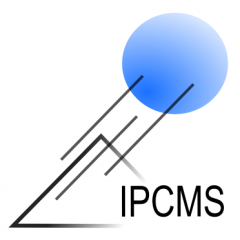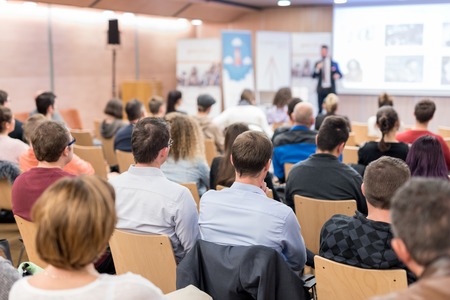The program is available here.
Journée Scientifique ITI QMat – QuanTEdu
Le programme détaillé se trouve ci-joint :
Contact information : silviu.colis@ipcms.unistra.fr
Journées Scientifiques 2025
Qmat Mini-symposium

Mini-workshop on “Nano-magnonics”
10h00-10h45 : Nicolas BIZIERE, Centre d’Elaboration de Matériaux et d’Etudes Structurales, Toulouse “Recent development in magnonics at the CEMES Lab”
10h45-11h00 : Coffee Break
11h00 – 11h45 : Edoardo ALBISETTI, Dep. of Physics, Politecnico di Milano, Italy
“Phase nanoengineering via thermal scanning probe lithography and light”
Quantum sciences and materials / QMat mini-symposium
Program :
09h00-09h30: Iann Gerber (LPCNO Toulouse)
Theoretical exploration of exciton-exciton interactions in 2H-transition metal dichalcogenide bilayers
09h30-10h00: Vincent Jacques (L2C, Montpellier)
Quantum sensing with spin defects in hexagonal boron nitride
10h00-10h30: Coffee break
10h30-11h00: Clément Faugeras (LNCMI, Grenoble)
Magneto-Raman scattering of a frustrated van der Waals magnet
11h00-11h30: Cyriaque Genet (ISIS, Strasbourg)
Taming a Maxwell’s demon for experimental stochastic resetting
The abstracts are available there.
Mini-symposium on Organic Electronics
Organized by IPCMS, Strasbourg Organic Electronic Consortium (https://stelorg.unistra.fr/) and ITI HiFunMat (https://hifunmat.unistra.fr/)
Program :
10:30-11:30. Graham Turnbull*
“Organic Semiconductor Trace-chemical Sensors for Environmental Monitoring and Security Applications”
11:30-12:30. Jean-Charles Ribierre*
“Effects of Hyperbolic Metamaterials on the Photophysics of Organic Semiconductors”
15:00-16:00. Ifor D.W. Samuel*
“Organic Semiconductor Optoelectronics: Communications, Medicine and Lasers
To meet the speakers, please contact: anthony.daleo@ipcms.unistra.fr
Mini-workshop Franco-Indien sur les matériaux et dispositifs ferroïques bi-dimensionnels
Ce workshop est organisé avec le soutien du CEFIPRA, des Ministères des affaires étrangères français et indiens, et de l’ITI QMAT.
Une vingtaine de présentations orales sont programmées.
Les orateurs sélectionnés proviennent du monde académique et du monde industriel.
Nous échangerons sur des aspects touchant aux propriétés fondamentales de ces matériaux et à leurs applications, notamment dans le domaine des mémoires et des technologies de l’information.
Plus d’information sur le flyer ci-joint et sur le site du workshop :
https://sites.google.com/view/if-wo2dfm2024/home
Cette journée est ouverte à tous, et gratuite.
Pour des raisons d’organisation, Merci de prévenir avant le 26 juin 12h00 de votre participation par email à dayen@unistra.fr.
Workshop SWING
The goal of this workshop is to gather the French community working in the broad field of magnonics (i.e. physics and technologies of spin waves). This workshop will also serve as a scientific kick-off of the project SWING, whose focus is on applied magnonics, and which is part of the recently funded program PEPR Spin.
Please find extra information (schedule, registration submission) at https://swing-workshop1.sciencesconf.org/
Journée scientifique de la plateforme MET
Pour information,
– cette journée est ouverte à toutes et tous,
– il y aura un vote des participants pour le choix du meilleur logo pour la plateforme MET.
En espérant vous voir nombreuses et nombreux à cette occasion





